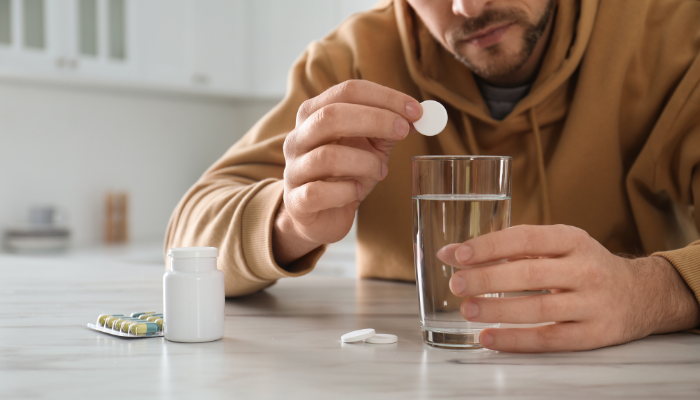Erectile dysfunction (ED) is a common concern for many men, and various factors can contribute to its development. One significant aspect to consider is the influence of medications on sexual health. Understanding how certain drugs may affect erectile function is crucial for both patients and healthcare providers.
Antihypertensive Medications:
Beta-Blockers and Diuretics: These medications, commonly prescribed to manage high blood pressure, may contribute to ED. They can reduce blood flow to the penis and impact the body’s ability to achieve and sustain an erection.
Antidepressants:
Selective Serotonin Reuptake Inhibitors (SSRIs): While effective for managing depression and anxiety, some SSRIs have been associated with sexual side effects, including delayed ejaculation and erectile difficulties.
Tricyclic Antidepressants (TCAs): These medications may also have an impact on sexual function, potentially leading to ED.
Antipsychotics:
Typical and Atypical Antipsychotics: Some antipsychotic medications can lead to sexual side effects, including ED. It’s important for individuals on these medications to discuss any concerns with their healthcare provider.
Hormone Therapies:
Testosterone Replacement Therapy: In cases of low testosterone levels, testosterone replacement therapy may be prescribed. When administered under appropriate medical supervision, it can improve erectile function in men with testosterone deficiency.
Anti-Anxiety Medications:
Benzodiazepines: While not a primary cause of ED, some individuals may experience sexual side effects, including reduced libido and occasional difficulty achieving an erection.
Antihistamines and Decongestants:
Antihistamines: These medications, commonly used to manage allergies, can cause drying of mucous membranes, potentially affecting sexual arousal.
Decongestants: Some decongestants can lead to vasoconstriction, which may influence blood flow and contribute to ED.

